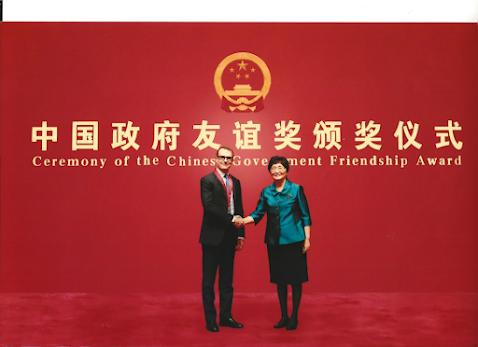7 Ways for Zoos to Ensure the Well-being of the Animals | CBCGDF Climate Change Working Group
When funds are insufficient, zoos face challenges in maintaining the welfare of their animals. However, 7 strategies can be implemented to ensure the well-being of the animals despite financial constraints.
1. Prioritize Basic Needs: Allocate available funds to meet the fundamental needs of the animals, such as food, clean water, and proper shelter. Ensuring these necessities are met is essential for the health and comfort of the animals.
2. Efficient Resource Management: Optimize resource usage by implementing efficient feeding and cleaning schedules. Minimize wastage of food and water, and use energy-efficient methods for heating and cooling enclosures to reduce utility costs.
3. Collaborate with Conservation Organizations: Partnering with conservation organizations can provide access to resources, expertise, and funding opportunities. Collaborative efforts can support conservation initiatives while also benefiting the animals in the zoo.
4. Educational Programs: Develop educational programs and activities for visitors to generate revenue. Utilize entrance fees, donations, and proceeds from educational events to supplement zoo funds. Increasing public awareness about conservation can also foster support for the zoo.
5. Volunteer Programs: Recruit volunteers to assist with daily tasks, such as feeding, cleaning, and maintenance. Volunteers can provide valuable support at no cost, helping to alleviate the burden on zoo staff and resources.
6. Strategic Fundraising Campaigns: Organize fundraising campaigns targeting specific projects or initiatives. Utilize social media, crowdfunding platforms, and community events to raise funds from supporters and sponsors passionate about animal welfare.
7. Community Engagement: Engage with the local community to garner support and involvement. Organize events, workshops, and outreach programs to connect people with the zoo and its mission, fostering a sense of ownership and pride among community members.
Translator: Richard
Checked by LYJ
Editor: Richard
Contact: v10@cbcgdf.org; +8617319454776
Contribution
Do you know? CBCGDF is a non-profit organization. We rely on crowd-funding and donations. You have the opportunity to help us to advance biodiversity conservation. Donate TODAY to power up the movement to make it a better world for all life.
1. Webpage:
https://www.paypal.com/donate/?hosted_button_id=2EYYJJZ8CGPLE
2. via paypal
Donation(501C3)Paypal: intl@wbag.org




Comments
Post a Comment